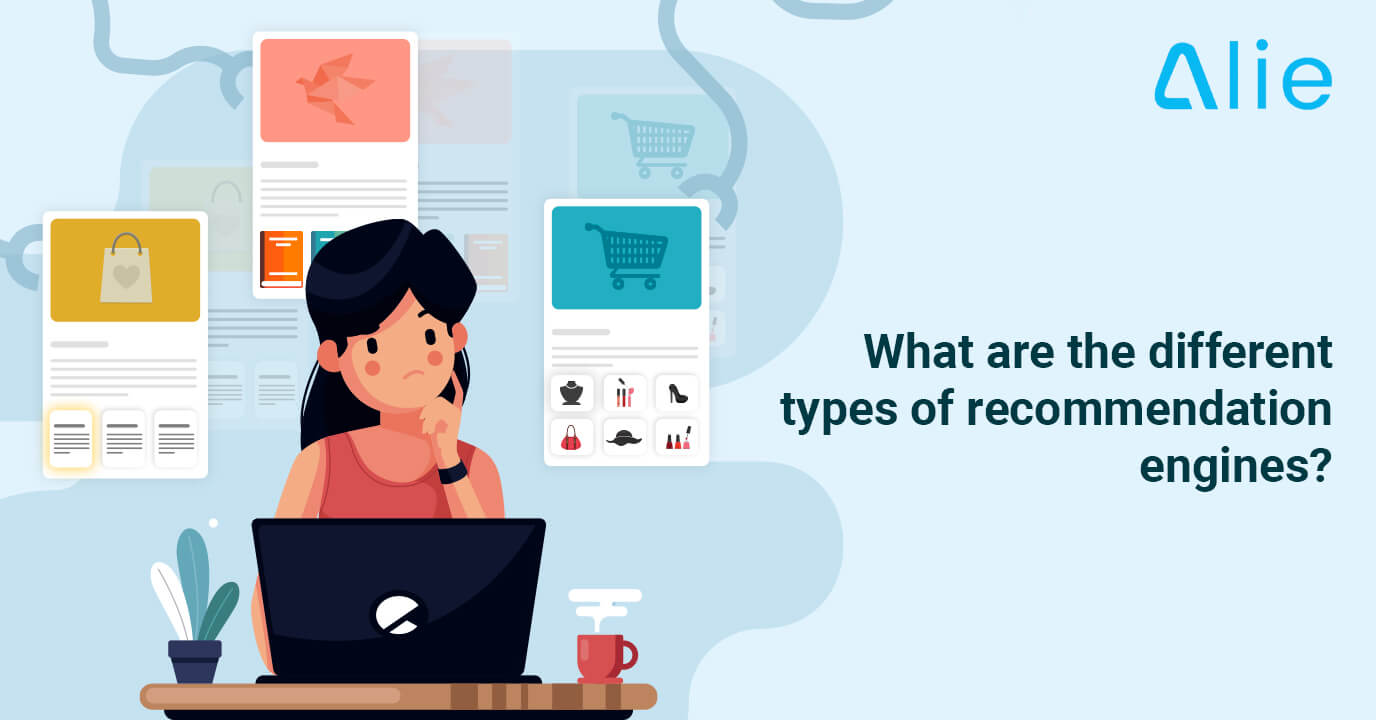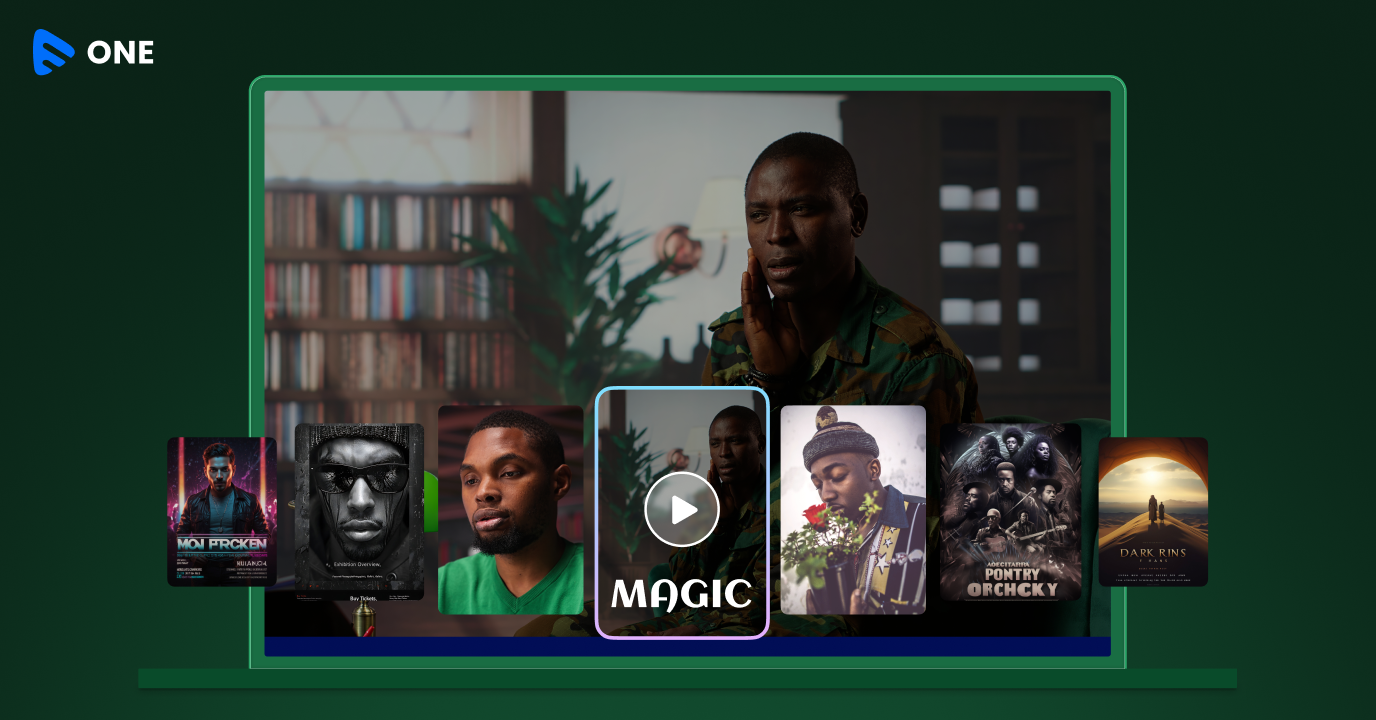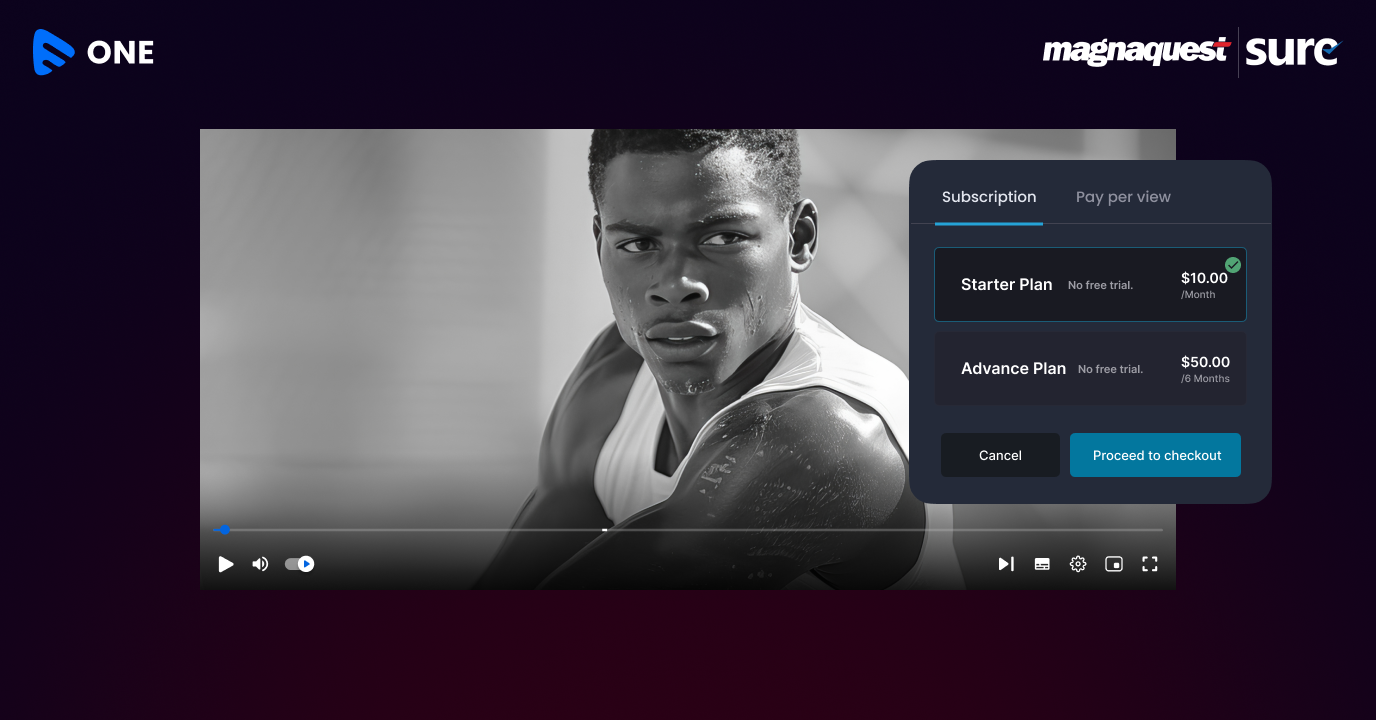We have been discussing what recommendation systems are for a while. But what approach does a recommendation engine have to handle the task of sorting and recommending items to the users?
It won’t be wrong to say that understanding this essential aspect means understanding the basic models that almost all recommender systems are designed on.
Taking this concept into consideration, in this blog, we will discuss the different kinds of recommender systems and how each model plays a role in a particular recommendation.
Remember the instance when you were recommended the same kind of song or movie on your audio/video streaming service? This is it!
In this method, the recommendation is made based on the description of a product or item along with analyzing the profile of past choices made by any user. Keywords are of great help in this recommendation system as they describe the items.
On the other hand, a user’s profile is analyzed to categorize the kind of items browsed or liked by this specific user. Technically, the algorithm here works to recommend items or products that are similar to those liked or preferred by the user in the past. So basically, it is similar to keeping a track of customer’s shopping or browsing history. This is followed by retrieving and filtering information by the AI-driven recommendation system.

The name of this filtering method is self-explanatory. It focuses on the behavior, preferences, or activities of a user and what she would like based on the preferences of similar users. The advantage here is that it does not depend on machine analyzable data. Hence, it is able to recommend complex items like songs and movies accurately, without actually understanding the item.
Collaborative filtering works by assuming that users who agreed in the past will also agree in the future, and they will like similar types of items as they did so in the past.
Collaborative filtering can again be further classified into:
- User-User Collaborative Filtering: In this case, a customer with a specific buyer persona is recommended products preferred by other customers with a similar buyer persona. Users with similar buyer persona are searched and products are offered based on what they have preferred. Though effective, this algorithm requires a lot of computational resources including storage and time.
- Item-Item Collaborative Filtering: This is similar to the previous algorithm but the search here is regarding identical items rather than customers. Once a lookalike items group is set, similar products can be easily recommended to a customer who has purchased any product from the store. This requires fewer computational resources than the User-user collaborative filtering. So for a new customer, the algorithm in this recommender system takes less time as there is not much need of similarity quotients between users or customers.
- Hybrid Recommendation systems:
Such systems work on the principle of combining two or more recommendation strategies in different ways for reaping complementary advantages. In this case, the predictions can be made separately by both the recommendation systems, and then the outcome can be combined.
According to research, combining content-based and collaborating recommendations can be more effective. Further, there have been studies confirming that hybrid recommendations can offer recommendations with better accuracy.
Wrapping up!
So, there you go! We got you covered with a basic idea about types of recommender engine. As it’s the quality of recommendations and products that customers ultimately care about, having a powerful recommender system would get the job done for you.
You too can integrate an AI-powered recommendation engine like Alie into your audio/video platforms, e-commerce websites, and more.
Sign Up for a 14-Day Free Trial Now!
















Add your comment